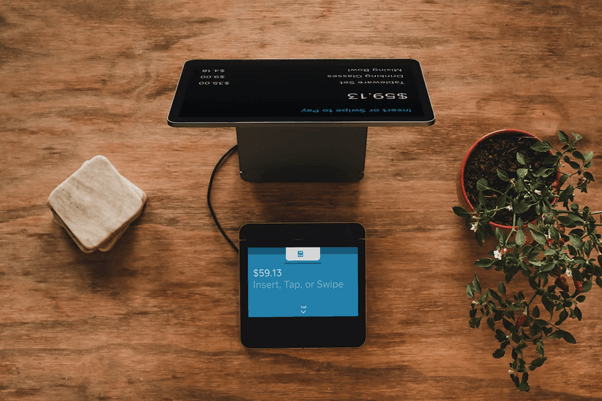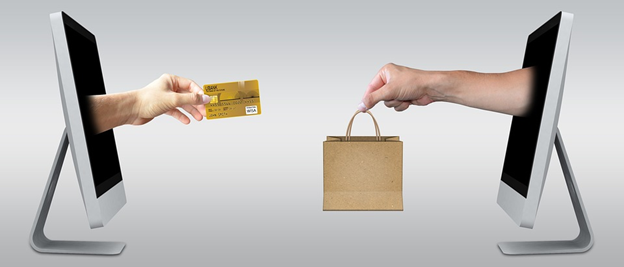How to Integrate Payment System Into the Existing App

Two or three years ago, users preferred to choose and pay for online purchases from their desktops. However, statistics show that payments from mobile devices are almost equalized with more familiar payments from PCs. This trend is predicted to continue growing. That means mobile payments will soon become an industry standard.
There are several variants of social commerce payments: to connect aggregator’s or gateway’s services and be satisfied with an adaptive version or create your application with a smart payment mechanism. Below we will discuss in more detail how to integrate a payment system into existing apps.
What mobile apps exist?
There are two classifications of applications. The first classification divides apps into native and non-native by how they are developed. By default, native applications are those written using a native programming language (Java/Kotlin for Android, Swift/Objective C for iOS).
The second classification divides apps into native and hybrid based on where the main content is stored. In native apps, the application’s main functions are available offline; the server side stores, for example, only databases. Hybrid applications store data on the server and implement all functions not related to hardware (for example, catalogs and product cards in an online store application).

How to integrate the payment system into an application
So how to integrate the payment system into an app? Let’s discuss WebView, deep linking, aggregator/gateway API, and mobile SDK.
WebView
One of the most popular ways to integrate a payment system is when the user goes from the mobile app’s interface to the payment system’s interface.
WebView advantage is that it is easy to integrate. Almost all content and functionality are embedded into the app from your website. This option suits cross-platform apps.
WebView disadvantage is the possible loss of customers due to switching to an unfamiliar interface and difficulties with payment. WebView does not have access to browser cookies and authorization mechanisms for some payment methods, so paying for purchases is sometimes quite a painful process. It happens that the card data are not stored in cookies at all. People have to re-enter the data each time. And when paying with an electronic wallet, they also have to authorize themselves.
Deep linking
A deep linking is a one-click link that takes a person to a specific application screen. Example: You decide to buy a ticket for a concert on a landing page, click the “pay” button, and are redirected to the online app. Or, if you don’t have it installed, you are redirected to the app store to install it.
The advantage of deep linking is that the user is not afraid despite the transition to another application. People have used it a hundred times.
The advantage of deep linking is that the user leaves the current application and may not return to it. Additionally, deep linking does not always work as intended (especially on different devices). Another disadvantage is that if deep linking sends the customer to an app page he has never used, he or she is unlikely to make a purchase.
Integration with aggregator/gateway API
The differences from the payment process on the website are minimal. An agreement is signed with the aggregator to provide services for the app. The payment form is integrated via API. But in this case, you must implement all payment forms by hand (card data – number, date, CVC, email or phone number, etc.).
API integration has one significant disadvantage – a PCI DSS certificate, which you have to get to connect to the services of the payment system. PCI DSS is a security standard for all organizations that store, process, and transmit cardholder and/or other authentication data. This is difficult but doable for medium and small businesses, although it can be associated with weeks of testing the application for compliance with the necessary parameters.
PayTabs offers a Unified API Gateway (UAG), a flexible integration solution. It is optimum for empowering mobile banking and payment applications along with Digital Banks and Instant Payments.
Mobile SDK
The SDK is a software library for iOS and Android that makes life easier for app owners and developers. Unlike the API, which is more like ready-made building blocks, the functionality of the SDK is broader, comparable to a workshop full of different tools to create anything.
PCI DSS compliance is not required: the customers’ bank card data is not passed through the online store’s backend system, so there is no need to undergo certification. The company providing the SDK solution, like PayTabs, will do it. Payment takes place in the app’s native interface – the user does not need to go to the web.
PayTabs offers a plug-and-play SDK that facilitates seamless and secure payments via your mobile app.
Conclusion
You probably know that apps are expensive. But if your top competitors have had one for a long time, it’s worth thinking about: it’s more convenient for consumers to shop this way.If you don’t want to bother – WebView is fine, but from a UX point of view, it’s not the best solution (especially when paying for purchases). Mobile SDK is on a larger scale and will require more resources at the application creation stage, but the final result will be more viable and comfortable from the user’s point of view.
 Alyse Falk
Alyse FalkAlyse Falk is a freelance writer with experience in digital marketing, technologies, content marketing, marketing trends, and branding strategies. Alyse also writes for several reputable sites where she shares her hints for creating content.








